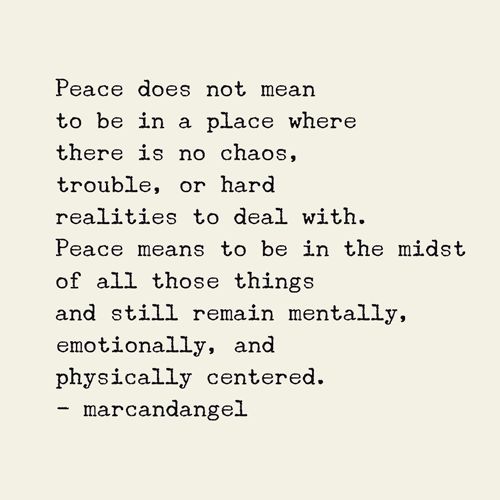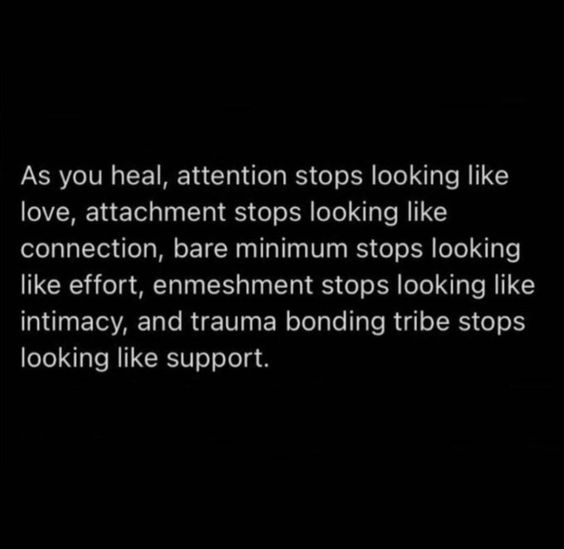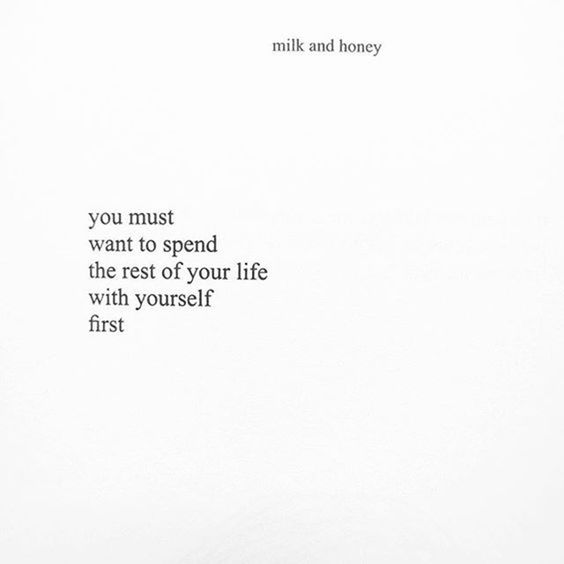Archives
“If your plan, your idea or your art doesn’t involve any significant hurdles in moving forward, it’s probably not worth that much. If it were easy, everyone would do it. The tactic is to seek a path where you see and understand the significant hurdles that kept others away. And then dance with them. They’re not a problem, they’re a feature.”
Seth Godin, Blog
“Commitment makes good things better and bad things worse. The more ‘all-in’ you are on a good relationship, the better it becomes. The more you commit to a toxic relationship, the deeper you get trapped. The more you invest yourself in fulfilling work, the more your effort fuels you. The harder you work on a bad project or in an unsatisfying role, the more of a grind it becomes.”
James Clear, Blog
“If you’re always right, you’re not learning. If you’re never failing, you’re not reaching. The objective is to be right. The objective is to succeed. But if you’re always winning, you’re undershooting your potential.”
James Clear, Blog
“Socrates thought that stupidity was incompatible with wisdom, but he never said that ignorance was stupidity.”
Xenophon, via A Calendar of Wisdom (Page 203)
“People are drawn to those who expect a lot out of life, whereas they tend to disrespect those who are fearful and undemanding.”
Robert Greene, The Daily Laws (Page 242)
“If you are in a difficult situation, a low mood, if you are afraid of other people and of yourself, if you are tormented, then tell yourself: ‘I will love everyone whom I meet in this life.’ Try to follow this rule; and you will see that everything will find its way, and everything will seem simple, and you will no longer have doubts or fears.”
Leo Tolstoy, A Calendar of Wisdom (Page 202)
“Pay bad people with your goodness; fight their hatred with your kindness. Even if you do not achieve victory over other people, you will conquer yourself.”
Henri Amiel, A Calendar of Wisdom (Page 202)
“To understand and live now, there must be dying to everything of yesterday. Die continually to every newly gained experience—be in a state of choiceless awareness of WHAT IS.”
Bruce Lee, Striking Thoughts (Page 14)










